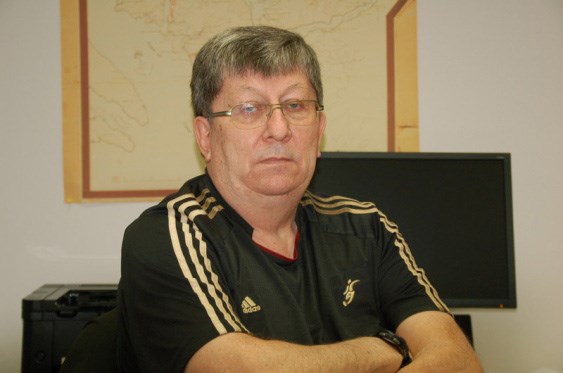A total of 94 Indian bands have signed up to be part of the day scholar class action lawsuit launched by the Sechelt (shíshálh) Nation and the Kamloops (tk’emlúps) Nation against Canada.
The class action seeks compensation for those who attended residential school during the day, but returned home at night (day scholars), as well as their children and all Indian bands affected by the loss of their language or culture as a result of the schools.
First Nation communities had until the end of February to opt into the lawsuit. Only those who decided to opt in will be eligible for compensation if any is awarded.
“Not all of them have opted in, but it’s great to see so much support behind it because I know it’s not just our Nation that had day scholars who were left out,” shíshálh Nation hereditary chief Garry Feschuk said. “There were 140 schools across Canada and almost every school had day scholars.”
Day scholars were not included in the first settlement offered by Canada to the survivors of residential schools.
“I think this time around they can’t be left out,” Feschuk said. “Otherwise, reconciliation won’t mean anything.”
Feschuk is hopeful that the government of Canada will be willing to negotiate an out-of-court settlement for day scholars in light of recommendations that came out of the Truth and Reconciliation Commission (TRC) report.
Originally Feschuk was set to meet with Minister of Indigenous and Northern Affairs Carolyn Bennett on March 3 to talk about the issue, but that meeting was postponed last week due to busy schedules.
He hopes the meeting will be rescheduled soon and that Bennett will offer a commitment to move the class action lawsuit to a negotiating table instead of a courtroom.
“Because recommendation number 29 [in the TRC report] talks about what we’re trying to accomplish, and it says, ‘We call upon the parties and, in particular, the federal government to work collaboratively with plaintiffs not included in the Indian Residential Schools Settlement Agreement to have disputed legal issues determined expeditiously on an agreed set of facts,’ and also there was a letter sent out by the minister stating that they would be willing to entertain resolution proposals from the plaintiffs,” Feschuk said.
“We want to be able to have this meeting with them or this conference call with them to discuss next steps.”



